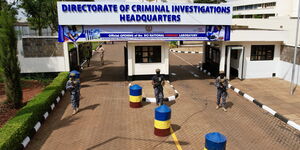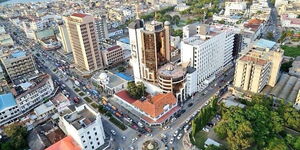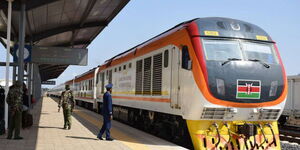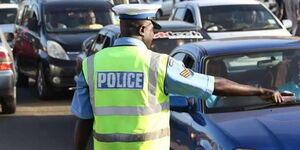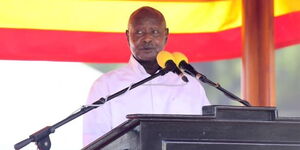Following the increased use of Liquefied Petroleum Gas (LPG), the Energy and Petroleum Regulatory Authority (EPRA) issued four key safety tips when handling cylinders.
According to EPRA, LPG is a safe source of fuel but caution should be exercised when transporting the cylinders.
Additionally, the regulatory body stated that caution ought to be taken to minimise the risks involved.
One of the safety tips suggested by EPRA include securing the LPG safely so it does not roll around. This move is aimed at reducing the risk of the gas cylinder exploding.
Furthermore, when a gas cylinder rolls around, it may get cracks that lead to leakage which will consequently cause a fire.
Another safety tip outlined by EPRA is placing the gas cylinder in an upright position preferably in the boot while transporting it.
According to experts, this will prevent the gas from escaping in liquid form which may also cause a fire.
The third safety tip when transporting LPG gas cylinders is putting the cylinder in an area that is easy to access and inspect in case you are using a pick-up.
Conclusively, EPRA warned against, leaving the cylinder in direct sunlight or a hot car for extended periods of time.
"Store cylinders in a dry, cool, well-ventilated, secure area that is protected from the weather and away from combustible materials," experts advised.
Further, protect gas cylinders from external heat sources that may affect them since the contained gas is highly flammable.
When not using your gas cylinder ensure the valve is closed properly to avoid leakages. Lastly, do not store the cylinder for prolonged periods of time, try purchasing enough supply for short-term use.





